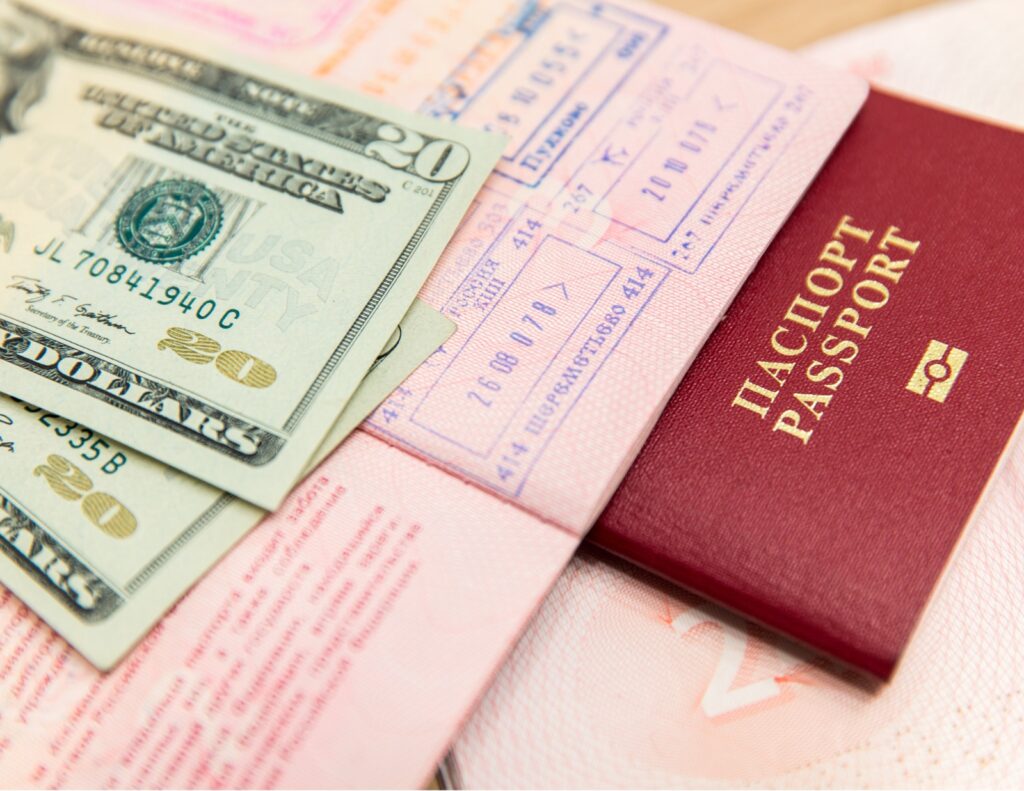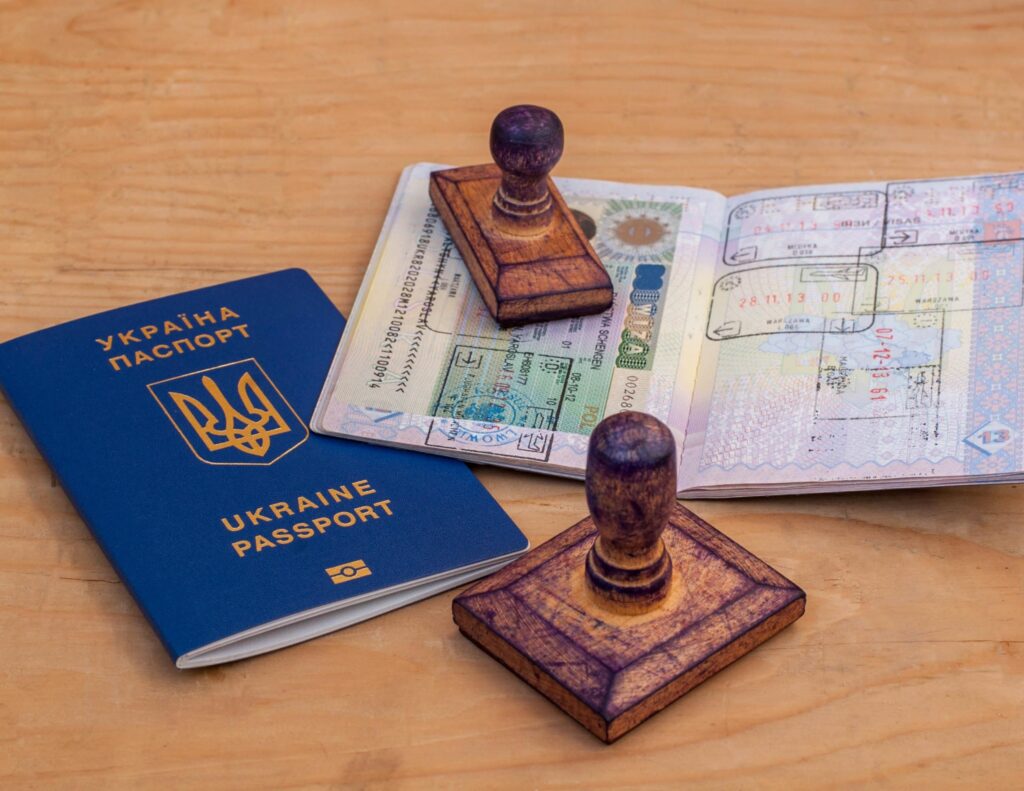
Studying overseas can lead to personal development, new cultural experiences, and academic chances. But the trip starts long before you get on the plane. For a seamless application, visa application, and eventual transfer to your new academic home, a thorough and well-organized approach to documentation is essential. This thorough guide makes sure you’re ready for every stage of your study abroad journey by breaking down the necessary paperwork.
Phase 1: University Applications – Showcasing Your Potential
Your first opportunity to leave a lasting impression is during the university admission process. Your documents serve as your own representatives, showcasing your goals, character, and academic prowess. Here is a thorough examination of the essential documents needed:
- Academic Transcripts: The foundation of your application consists of these official records of your academic performance. Transcripts from every secondary and post-secondary school you have attended, including mark sheets from grades 10 and 12, transcripts of your bachelor’s degree (if applicable), and any other pertinent academic records, are required. Verify that these transcripts are authentic, confirmed by the issuing institution, and translated into English if required. The particular rules of each university for submitting transcripts should be carefully followed; some may call for sealed envelopes or electronic submissions via approved platforms.
- Standardized Test Scores: Standardized examinations are required by many colleges to evaluate your academic ability and English language skills. Common exams include the GRE or GMAT for graduate programs, and the SAT or ACT for undergraduate admissions. To prove English ability, non-native English speakers usually need to provide their TOEFL or IELTS scores. Examine the particular test requirements of the universities you have selected, and strive for scores that either match or above their standards. Test dates can fill up fast, so register for these exams well in advance. Make arrangements for certified score reports to be sent straight to the universities.
- Statement of Purpose (SOP): You have the chance to share your tale in the SOP. This is a personal essay in which you explain why you are studying overseas, why you are particularly interested in the program you have selected, your academic and professional objectives, and how this study experience fits into your long-term plans. This is an opportunity to highlight your personality, passion, and critical thinking abilities in addition to providing an overview of your accomplishments. Write an engaging story that emphasizes your special abilities and explains why you are a good fit for the program.
- Letters of Recommendation (LORs): LORs provide an external perspective on your abilities and potential. Choose recommenders who know you well and can speak to your academic strengths, work ethic, character, and potential for success. Professors, mentors, supervisors, or employers who have worked closely with you are ideal choices. Provide your recommenders with ample time to write their letters and give them clear guidelines on what to emphasize. It’s also helpful to provide them with your resume, transcript, and a brief outline of your academic goals.
- Resume/CV: A well-structured resume or CV highlights your academic achievements, work experience, internships, extracurricular activities, and any other relevant skills or accomplishments. Tailor your resume to the specific program you are applying to, emphasizing experiences and skills that are relevant to the field of study. Keep it concise, well-formatted, and error-free.
- Passport: A valid passport is essential for both the application process and your eventual travel. Ensure your passport is valid for at least six months beyond your intended return date from your study abroad program. If your passport is expiring soon, renew it well in advance.
- Photographs: You’ll need passport-sized photographs for your visa application and university admission forms. Ensure the photographs meet the specific requirements of the respective institutions and the visa issuing authority.
Phase 2: Visa Application – Navigating the Bureaucracy
Once you’ve received an acceptance letter from a university, the next crucial step is securing a student visa. This process can be complex and requires meticulous attention to detail. Here are the key documents you’ll need:
- Admission Letter/I-20 (for US Visas): One of the most important documents for your visa application is the university’s official acceptance letter. The university will provide an I-20 document, or Certificate of Eligibility for Nonimmigrant Student Status, to students traveling to the United States. The F-1 student visa application requires this document.
- Proof of Financial Support: During your study abroad program, you must prove that you have enough money to pay for your tuition, living expenses, housing bills, and other associated costs. Bank statements, educational loan records, letters of sponsorship from family members or other sponsors, and scholarship letters are all acceptable sources of financial evidence. Make that these records are up-to-date, accurate, and unambiguously demonstrate the money’ availability.
- Health Insurance: International students must have health insurance in several countries. Before you arrive, be sure you have the right coverage by researching the country’s specific health insurance regulations. While some institutions could require you to purchase a plan from a certain provider, others might offer student health insurance policies.
- Visa Application Form: Complete the visa application form accurately and thoroughly. Pay close attention to all instructions and provide all required information. Double-check all details before submitting the form.
- Medical Examination (if required): Some countries require international students to undergo a medical examination to ensure they are fit to study abroad. If required, schedule your medical exam with an authorized physician and obtain the necessary medical certificates.
- Other Supporting Documents: Additional supporting documentation, such as academic transcripts, letters of recommendation, and a police clearance certificate, may be required, depending on the particular nation and visa requirements. For a comprehensive list of necessary documents, visit the website of the embassy or consulate of the country you are visiting.
Phase 3: Travel Preparations – Ensuring a Smooth Journey
With your visa in hand, you can now focus on the logistics of your travel. These documents will ensure a smooth and hassle-free journey:
- Flight Ticket: To guarantee the cheapest prices and your desired travel dates, book your flight to your destination well in advance. Have a digital and physical copy of your airline ticket on hand at all times.
- Accommodation Details: During your trip overseas, present documentation of your lodging arrangements. This could be a university residence confirmation, a lease agreement for a private apartment, or a booking confirmation for a temporary stay.
- Travel Insurance: Travel insurance is highly recommended to protect yourself against unforeseen events during your travels, such as flight cancellations, lost luggage, medical emergencies, and other unexpected situations.
- Other Essential Documents: A copy of your passport, visa, admission letter, airline ticket, travel insurance, and other pertinent documents should be made. Store these copies in a secure location and keep them apart from the originals. Sharing copies of these documents with a family member or close friend is also a smart option.
Staying Organized:
Managing the documentation process for studying abroad can be overwhelming. Here are some tips for staying organized:
- Create a Checklist: Use the checklist provided in this guide as a starting point and create a personalized checklist for each university and visa application.
- Set Deadlines: Note down all application deadlines, visa appointment dates, and other important dates. Set reminders to ensure you don’t miss any crucial deadlines.
- Organize Your Documents: Keep all your documents organized in folders or binders. Label each document clearly and keep track of where you have submitted each document.
- Make Copies: Make multiple copies of all your important documents, both physical and digital.
- Start Early: Begin the documentation process well in advance to allow ample time for gathering all the required documents and completing all the necessary formalities.
Studying overseas is a big commitment, but you can handle it easily and concentrate on the thrilling journey that lies ahead if you plan beforehand and pay close attention to the paperwork. This luck!This thorough handbook offers a road map to help you collect all required paperwork and confidently start your study abroad experience. For the most recent and detailed requirements, always get in touch with the colleges and embassies via their official websites. Good luck!



